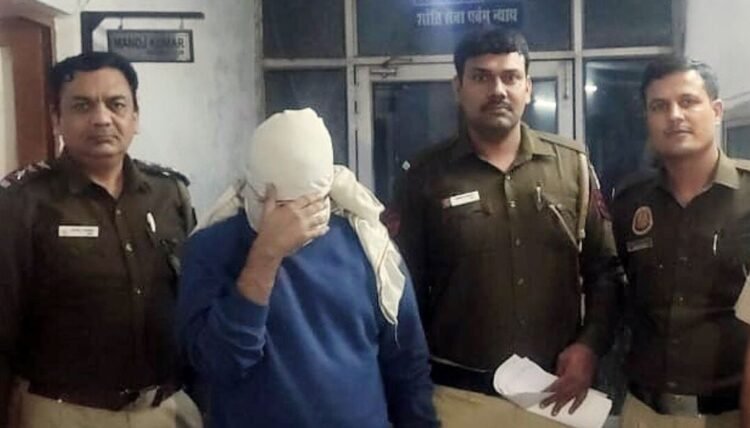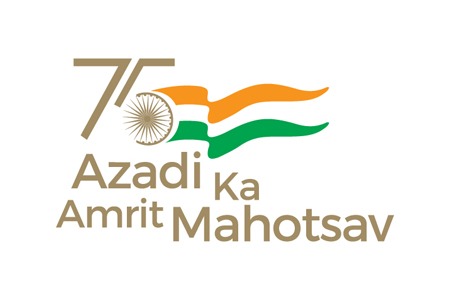New Delhi: The Centre has told the Supreme Court that the November 2016 decision to withdraw Rs 500 and 1,000 currency notes was “one of the critical steps in the series of transformational economic policy steps” and this decision was taken after extensive consultation with the RBI and advance preparations.
The Ministry of Finance, in an affidavit, said: “The withdrawal of legal tender character of a significant portion of total currency value was a well-considered decision. It was taken after extensive consultation with the RBI and advance preparations”.
It further added that demonetisation was also a part of larger strategy for combating the menace of fake money, terror financing, black money and tax evasion.
“The notification issued on November 8, 2016 was a major step to fight the menace of fake currency notes, storage of unaccounted wealth and financing of subversive activities,” it said.
The affidavit said the reform agenda of transforming the nation through a series of economic policies and changes were intended to strengthen the formal economy and nudge large sections of the informal economy to become part of the formal economy and reap its benefits.
“The withdrawal of the legal tender character was one of the significant steps in the enhanced formalisation of the economy with the aim of expanding opportunities for the millions living on the periphery of the economy,” said the affidavit.
The government said the withdrawal was one of “the critical steps in the series of transformational economic policy steps”.
The Finance Ministry added, “It was an economic policy decision exercised in accordance with powers conferred by an Act of the Parliament (RBI Act, 1934), in conformity with the provisions of the said Act and was subsequently affirmatively taken note of by the Parliament in the Specified Bank Notes (Cessation of Liabilities) Act, 2017”.
The government emphasised that the withdrawal of the legal tender character of the SBNs (specified bank notes) was by itself an effective measure and was also a part of a larger strategy for combating the menace of fake money, terror financing, black money and tax evasion, but not confined to them alone.
The ministry said the informal labour force was predominantly cash-based. “Through digitalisation, mobile and internet connectivity, opening bank accounts and payment of subsidies through banking and other formal channels, government policy aimed at integrating them into the formal financial system and eliminating their reliance on cash transactions,” it added.
The government claimed the number of fake currency notes and their value came down significantly, both in terms of the detection in the banks and seizures by the security agencies.
The affidavit said, “The overall impact of the withdrawal of the legal tender character of the SBNs on economic growth was transient, with the real growth rate being 8.2 per cent in FY 16-17 and 6.8 per cent in FY 17-18, both being more than the decadal growth rate of 6.6 per cent in the pre-pandemic years.”
It further added that the volume of digital payment transactions increased manifold from 1.09 lakh transactions of value Rs 6,952 crore in the entire year 2016 to more than 730 crore transactions of the value of more than Rs 12 lakh crores in a single month of October 2022.
The Finance Ministry’ response came on a batch of petitions being heard by a five-judge constitution bench challenging the November 2016 demonetisation decision. In the previous hearing, the top court had asked the government to file its detailed response in the matter.
The affidavit also enumerated a series of steps especially post 2014, including the creation of the Special Investigation Team in 2014, the Black Money and Imposition of Tax Act 2015, the Benami Transactions Act 2016, the information exchange agreements and changes in the tax treaties with select countries, the Income Disclosure Scheme, and enactment of the Fugitive Economic Offenders Act 2018.
The government said all possible measures were taken to mitigate inconvenience to the public and reduce the disruption of economic activities after the decision. The top court is likely to take up the matter next week.
(IANS)













